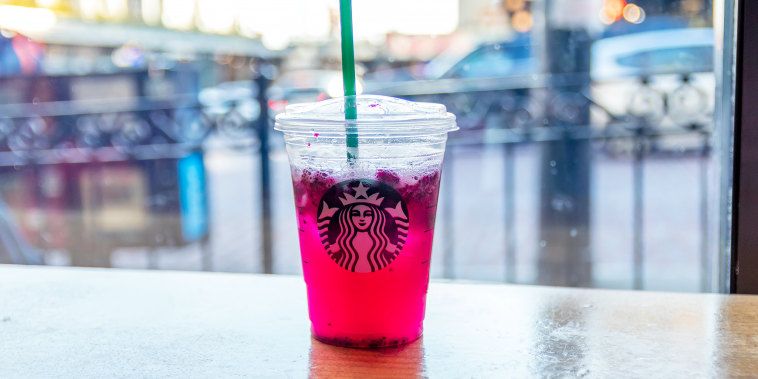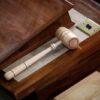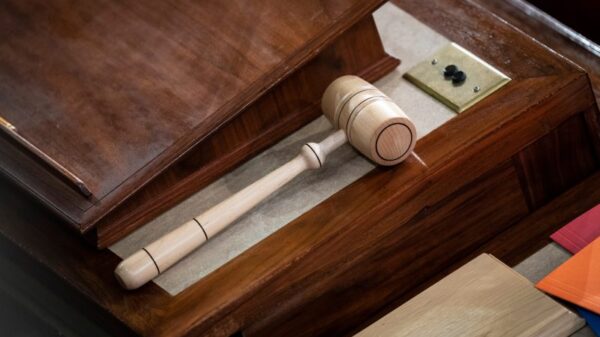Starbucks is no stranger to lawsuits. The coffee giant is now at the center of a $5 million lawsuit from a group of consumers alleging that the company’s Starbucks Refreshers™ fruit drinks are not, as advertised, made with real fruit juice.
The lawsuit, filed in the United States District Court for the Southern District of Florida, claims that the Refreshers beverages are instead made with “chemical flavoring and coloring substances, artificial sweeteners and ‘other artificial ingredients’ as sweeteners, in place of the fruit juices that Starbucks prominently and prominently displays in its product packaging, marketing materials, and website and on signs in Starbucks stores.”
The lawsuit alleges that Starbucks’ use of false advertising, deceptive labeling, and other deceptive practices constitutes a violation of the California Unfair Competition Law, the California False Advertising Law, and other state consumer protection laws.
If the lawsuit is successful, Starbucks would be required to reformulate Refreshers to contain fruit juice, as well as notify its customers of the false advertising. The complaint also seeks court authorization to create a fund to reimburse consumers who purchased the beverages with false labeling. The group of plaintiffs in the case is represented by law firms Cuneo Gilbert & LaDuca LLP and Carlson Lynch LLP.
For its part, Starbucks released a statement saying that the lawsuit has “no merit” and that the company’s Refreshers beverages are “made with real fruit juice and fruit pieces for a great taste.”
Whether Starbucks’ use of synthetic ingredients is a deceptive act or not, this lawsuit sheds some light on what’s actually in a “fruit juice” beverage. For consumers, it is important to pay attention to what is listed on nutrition labels and to ask questions when it comes to what’s in their food and drinks.

































